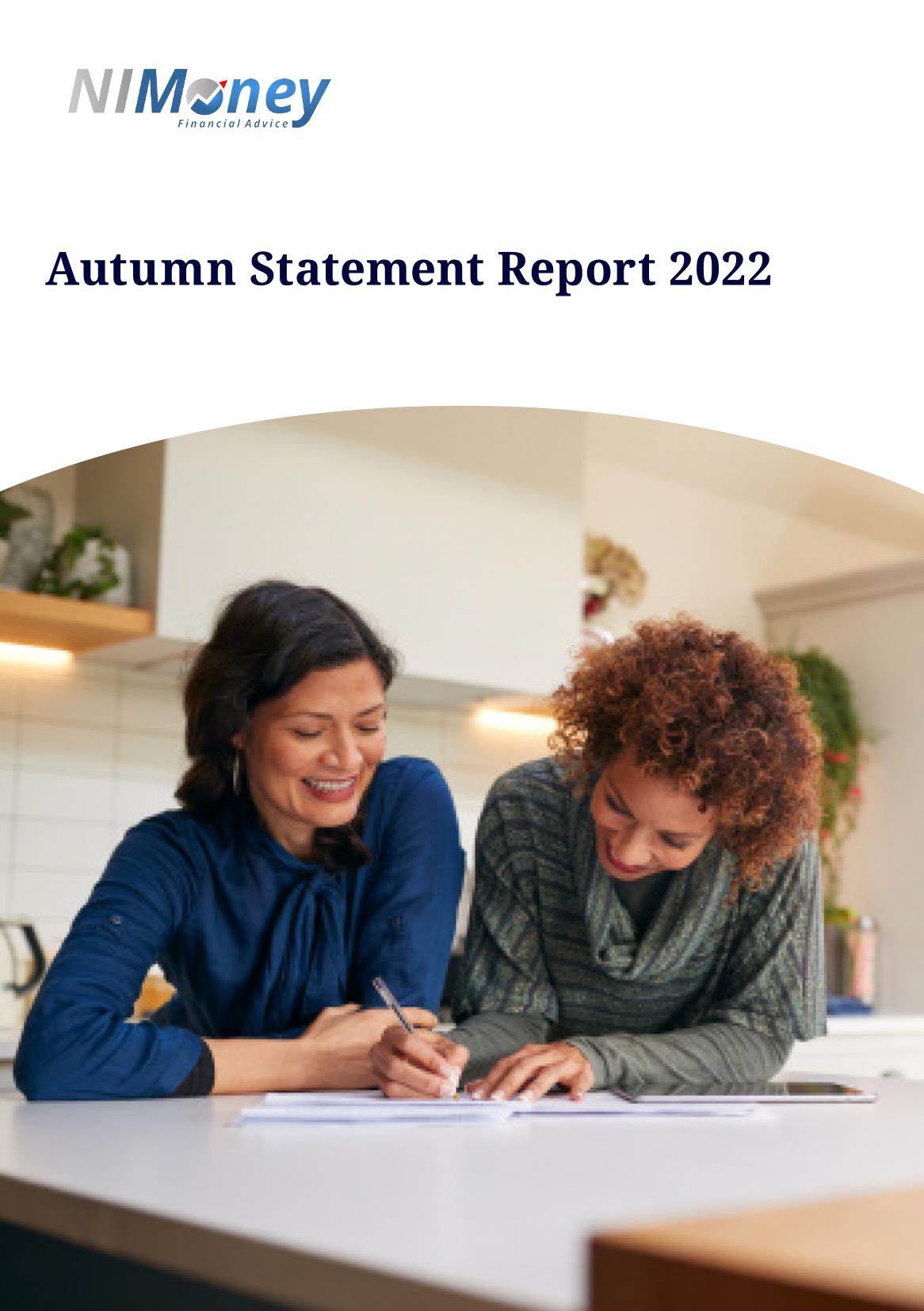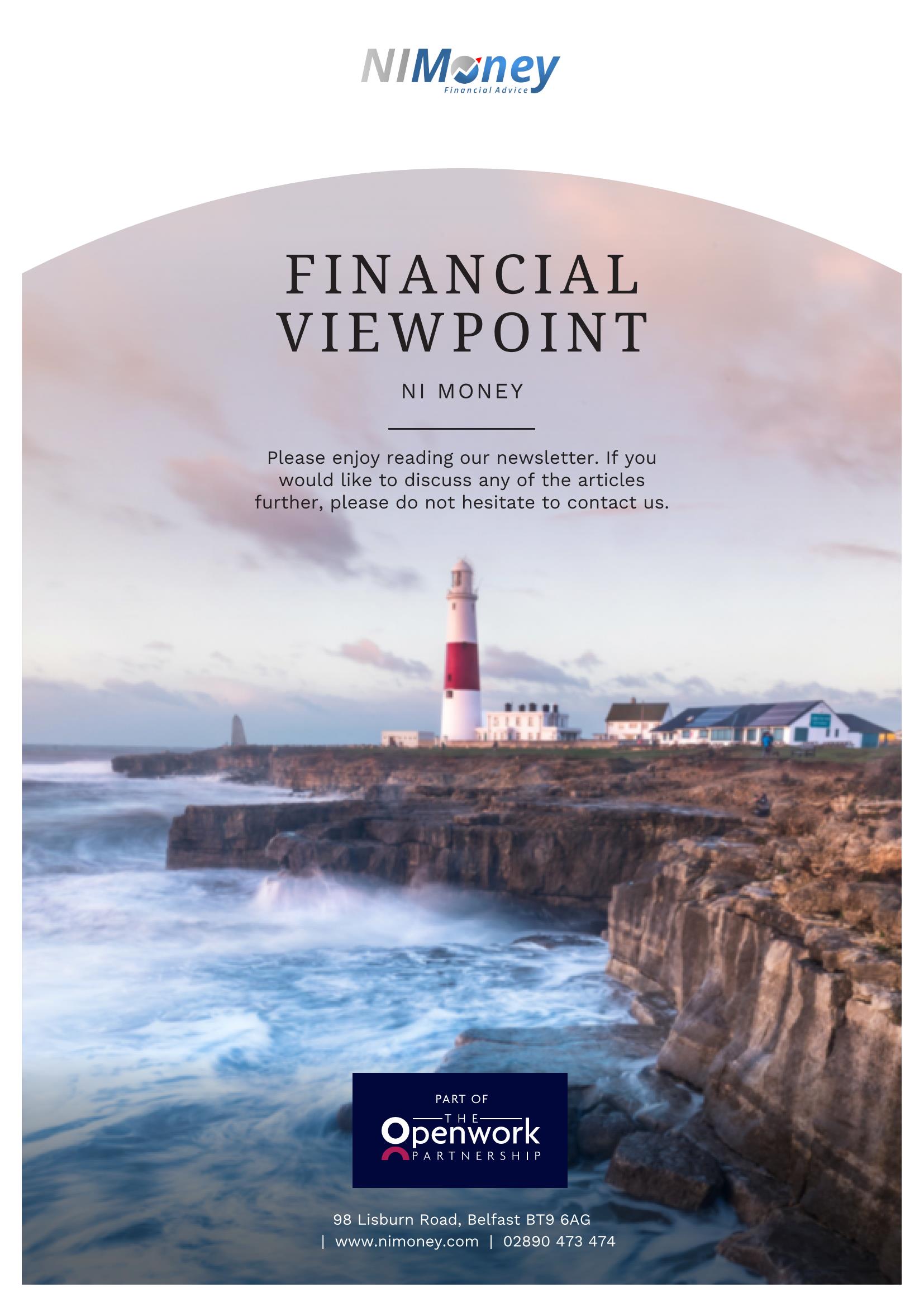2019/ 2020 Tax Year Begins
Tax reliefs and allowances summary
The 2019/20 tax year starts at the stroke of midnight between the 5th and 6th of April. While many individuals leave tax planning to the end of the tax year, you can look to maximise the benefits by using your personal tax allowances* and reliefs straight away. Please get in touch for details of one or more of the following:
Income Tax
·The tax free personal allowance has increased to £12,500 from £11,850.
·Basic rate tax of 20% will be payable on income above the tax-free allowance and up to the new higher rate threshold of £50,000 (which has increased from £46,350).
·Additional rate income tax remains the same at 45% on income above £150,000.
·If you are married or in a civil partnership, you may be able to save money by structuring your finances as a couple to ensure you are using both spouse’s tax allowances. This could be an especially good idea if one spouse pays tax at a lower rate than the other.
ISA
·The Junior ISA allowance has risen to £4,368 from £4,260 for children under 18.
·The adult ISA allowance of £20,000 remains unchanged.
·If you have children who are 16 or 17 this tax year, they can benefit from both the Junior ISA allowance and adult ISA allowance (cash only).
Pensions
·Saving into a pension comes with great tax benefits. For a start, investments in your pension are free from Income Tax and Capital Gains Tax. Pension contributions up to your annual allowance will also receive an automatic 20% top-up from the taxman, and higher-rate and additional-rate taxpayers can claim back another 20% or 25% through their Self-Assessment.
·Because of these generous tax rules, there is a limit to the amount you can pay into your pension. Each year, you can contribute as much money as you earn, usually up to £40,000 (although this tapers down to £10,000 for higher earners).
·If you have not used your annual allowance in the last three years, you may also be able to make extra contributions by using carry forward.
·Minimum pension contributions (paid by employers and employees) through auto-enrolment have risen to 8% (3% employer and 5% employee) of band earnings.
·The Lifetime Allowance for pension savings has increased to £1,055,000.
·The State Pension has increased by 2.6%, which for the full allowance is an increase of £4.25 a week to £168.60.
Other Savings Allowances
·The Personal Savings Allowance, which gives you tax-free savings interest, remains £1,000 for basic rate tax-payers. This reduces to £500 for higher rate tax payers and additional rate tax payers do not get any allowance.
·The tax-free Dividend Allowance remains at £2,000 (although dividends received by pension funds and ISAs remain tax-free).
Venture Capital Trusts and Enterprise Investment Schemes
·Although only suitable for individuals with a higher appetite for risk, you can invest up to £200,000 and get up to 30% income tax relief, provided the investment is held for a minimum of 5 years.
·Similarly, the taxation of Enterprise Investment Schemes is unchanged, meaning you can invest up to £1 million and claim up to 30% income tax relief provided the investment is held for a minimum of three years.
Inheritance Tax
·Each tax year you can make a range of tax-free gifts. These leave your estate immediately and won’t be taken into account when calculating your Inheritance Tax bill, including:
oAll gifts to your husband, wife or civil partner (as long as the UK is their permanent home).
oGifts of up to £3,000 each tax year, which can be carried over one year for a total of £6,000. This is useful if you did not use it in the 2018/19 tax year.
oUnlimited individual gifts of up to £250 per person.
oWedding gifts of up to £5,000 for a child, £2,500 for a grandchild or great-grandchild, or £1,000 to anybody else.
oUnlimited payments towards the living costs of a child, elderly dependant or ex-spouse may be exempt.
oUnlimited gifts from surplus income that won’t affect your standard of living.
·The Residence Nil Rate Band has risen to £150,000 from £125,000; this can be added to the £325,000 Inheritance Tax allowance when a direct descendant inherits someone’s main house.
Capital Gains Tax
·The Capital Gains Tax allowance has increased to £12,000 from £11,700.
·Married couples and civil partners will continue to be able to combine their annual allowances.
Landlord Mortgages
·Landlords will only be able to offset 25% of their mortgage interest payments against their rental income (down from 50%).
·By 2020, there will only be a 20% tax credit saving from a landlord’s mortgage interest.
*This
information is based on our current understanding of the rules for the 2019-20
tax year.
HM Revenue and Customs practice and the law relating to taxation are complex and subject to individual circumstances and changes which cannot be foreseen.
The value of investments and any income from them can go down as well as up and you may not get back the original amount invested.











